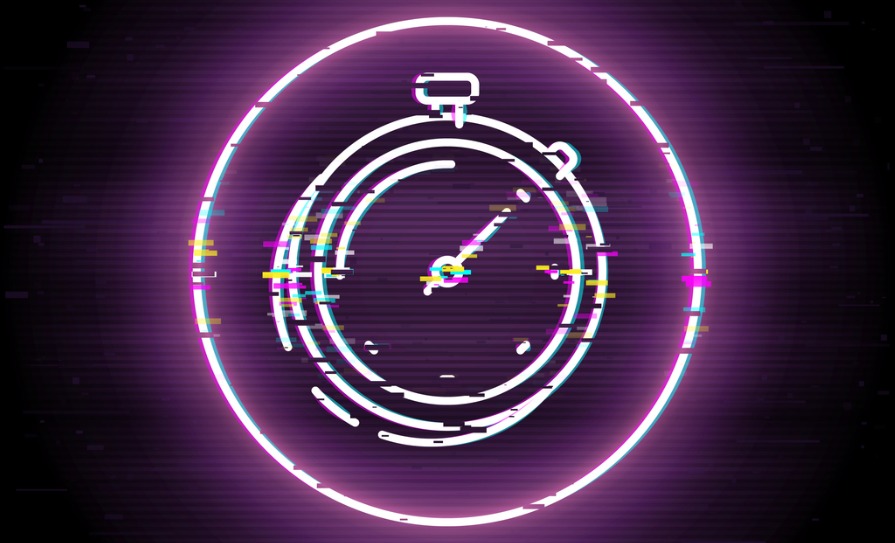A multidisciplinary team (MDT) has been established at the Dublin Neurological Institute (DNI) in the Mater Misericordiae University Hospital to develop an all-island deep brain stimulation (DBS) service.
In 2018, the Mater received a funding allocation of €0.215 million (full-year costs €0.428 million) to establish the service, which is in its early stages but is accepting referrals.
“This service will enable access to this long-term treatment option for patients with selected movement disorders,” a Mater spokesperson told the Medical Independent.
“DBS provides relief of motor function symptoms that are not optimally controlled by drug therapy. Previously, this was only available via the Treatment Abroad Scheme (TAS) in the UK, requiring extensive travel for each stage of care.
“This new service is an exciting development for the management of complex movement disorders in Ireland. It will enable access to an advanced treatment option for patients in Ireland, which has not existed previously. As the service develops, research, education and training and evaluating the patient experience will be a priority for the dedicated MDT.”
It is anticipated there will be approximately 30-to-50 new patients per year, “but this will increase as we offer DBS on the island of Ireland, making travel for elderly patients easier. Existing patients will require ongoing review.”
Initially, the all-island DBS service will focus on patients with Parkinson’s disease, the most common indication for DBS. Once the service becomes established, it is planned to expand to include other conditions, such as essential tremor and dystonia.
“It is hoped that in the region of 50 patients per year will be assessed and, where appropriate, offered this potentially life-changing intervention. As the service grows, this number is likely to increase.” People referred to the programme will undergo highly specialist assessment for suitability. “Those proceeding to neurosurgery at the Royal Victoria Hospital, Belfast, will be followed-up by the MDT at the DNI to adjust programming of the apparatus and to deliver therapeutic interventions to support optimal benefit from the intervention.”
Asked if the Mater would develop a surgical DBS service, the spokesperson said: “It is possible that we will develop a functional neurosurgery service to provide DBS service over time but for the moment, the surgery is a North-South collaboration with the Royal Victoria Hospital, Belfast.”


